PICTURES, PICTURES, and more PICTURE
I am a voracious listener to music and encounter favorites within almost any genre. However, I am also a forlorn amateur. Not a musician and far from being an expert. I am even bad at discerning the difference between minor and major. However, when it comes to that disability, I find solace in Schubert's statement: ”There is no such thing as happy music.” He also wrote: ”My compositions spring from my sorrows. Those that give the world the greatest delight were born of my deepest griefs.”

It is the same with pictures. I am obsessed by them, though they make me more happy than sad. Ever since I was a child I have collected art cards (I don’t know how many thousands I have) and I am forgetting myself while looking at art. Nevertheless, I am not a good draftsman and do not paint anymore. My photographs are generally blurry and out of focus and I am far from being a diligent photographer.
Why mention Schubert when I am presenting a random sample of pictures? I am often listening to his music and while doing so I need calm and loneliness around me, just as when I bring forward my boxes with art cards, picking up the safeguarded items one by one and then examining them intensively. There are so many of them and each and everyone evokes memories and emotions, and so does almost every musical piece I like to listen to.
The vastness of the musical output Schubert produced during his short lifespan is dizzying. Just in 1815 he composed over 20,000 bars of music, more than half of which were made for orchestra, including nine church works, a symphony, and 140 songs. Music poured out of him. During the mentioned year, Schubert lived at home with his father, a schoolmaster with a well attended school, wanting his son to follow in his footsteps. Schubert taught in the school - being a miserable and bad teacher - while earning an extra income through private musical instruction and thus obtaining enough money for his basic needs, including clothing, manuscript paper, pens, and ink, but with little to no money left over for luxuries. Leaving home and coming to Vienna furthered his intensive and genial output.
Schubert’s early death at the age of 31 and a later public appreciation of his genial music inspired a welter of sentimental myths spinning around the misunderstood genius, often depicted as a happy-go-lucky bohemian whose heavy drinking and short physical stature made him known as Schwammerl, the Little Mushroom. However, his music bear witness about a much darker and deep inner reality.
.jpg)
Schubert had battled syphilis since 1822. The final illness may have been typhoid fever, though the final symptoms match those of mercury poisoning, at the time the common treatment for syphilis. His last time was harrowing, spent in constant fever and occasional mental disorder.
By the way … writing about Schubert I cannot avoid thinking about a long and intensive debate about Schubert’s assumed homsexuality and while doing so I remember an angry and witty comment to this eternally ongoing discourse , written in the New Yorker by the music expert and Schubert admirer Charles Rosen:
Whether Schubert was homosexual or not would not tell us anything really important about his personality. So long as we are ignorant of crucial details, like whether Schubert was passive or aggressive, preferred immediate satisfaction or extended foreplay, I do not care if he slept with men, women, or horses.
I listen to Schubert. Not as upsetting and agitating as the music of his so much admired Beethoven often can be. More softly spoken, even more personal. Through his dynamic and melodious appearance Schubert covers an entire spectrum of desire, melancholy, happiness and sorrow; a vast field where unexpected emotions grow, constantly surprising you by their fragrance and intricate beauty. Schubert rapidly switches between terror and soothing consolation. From dark tragedy he raises you up to an other-worldly sphere, constantly revealing an astounding inventiveness, which nevertheless is profoundly personal and unique. A universe of interpreted and revealed complex emotions.
As usual I got lost on a sidetrack, but that is what happens when I roam around in the world of pictures I have collected around me. Looking at them is as if entering into Schubert’s musical universe. In order to indulge in the feelings they create I have to look at them in solitude. It is a joy and solace to dwell inside this secluded sphere, which in spite of containing sorrow and tragedy also reflects the joy and immensity of human existence.
.jpg)
I cannot find my camera and two years ago my mobile phone suddenly refused to download my pictures into the computer. Now, while I am trying to unload the pictures stored in the phone (I send them one by one to my e-mail address) I have found that there are much more of them than I imagined. Most of them are of various art works. Paintings, photographs and sculptures I have seen in museums, exhibitions, in the street, or even in some picture magazine or book. I took a photo of them since I liked the motif and wanted to remember it.
Now it occurs to me that I could post some of these pictures in my blog. For my own pleasure and maybe for yours as well. So here is a limited selection of what I have amassed during the last two years. When my professor in History of Art – Aron Borelius, who I came to consider as a friend of mine – had given his introductory lectures he generally finished them by declaring: ”Now we are going to revel in pictures.” So let us do that. There’s lots of them, even if it is just a selection of everything I had in my phone. Maybe you can do what I use to do – linger by a picture that attracted you – look at it, listen to it, while trying to find out what it was that appealed to you.
Just now I am listening to Billie Holiday singing In My Solitude:
In my solitude, you haunt me
with reveries of days gone by.
In my solitude, you taunt me
with memories that never die.
I sit in my chair,
I'm filled with despair.
There's no one could be so sad
with gloom everywhere.
I sit and I stare
I know that I'll soon go mad.
In my solitude
I'm praying,
Dear Lord above
send back my love.
.jpg)
It is a great song, though I cannot share it’s depressive sentiment. Alone with my pictures I’m a happy guy.















.jpg)
.jpg)
.jpg)

























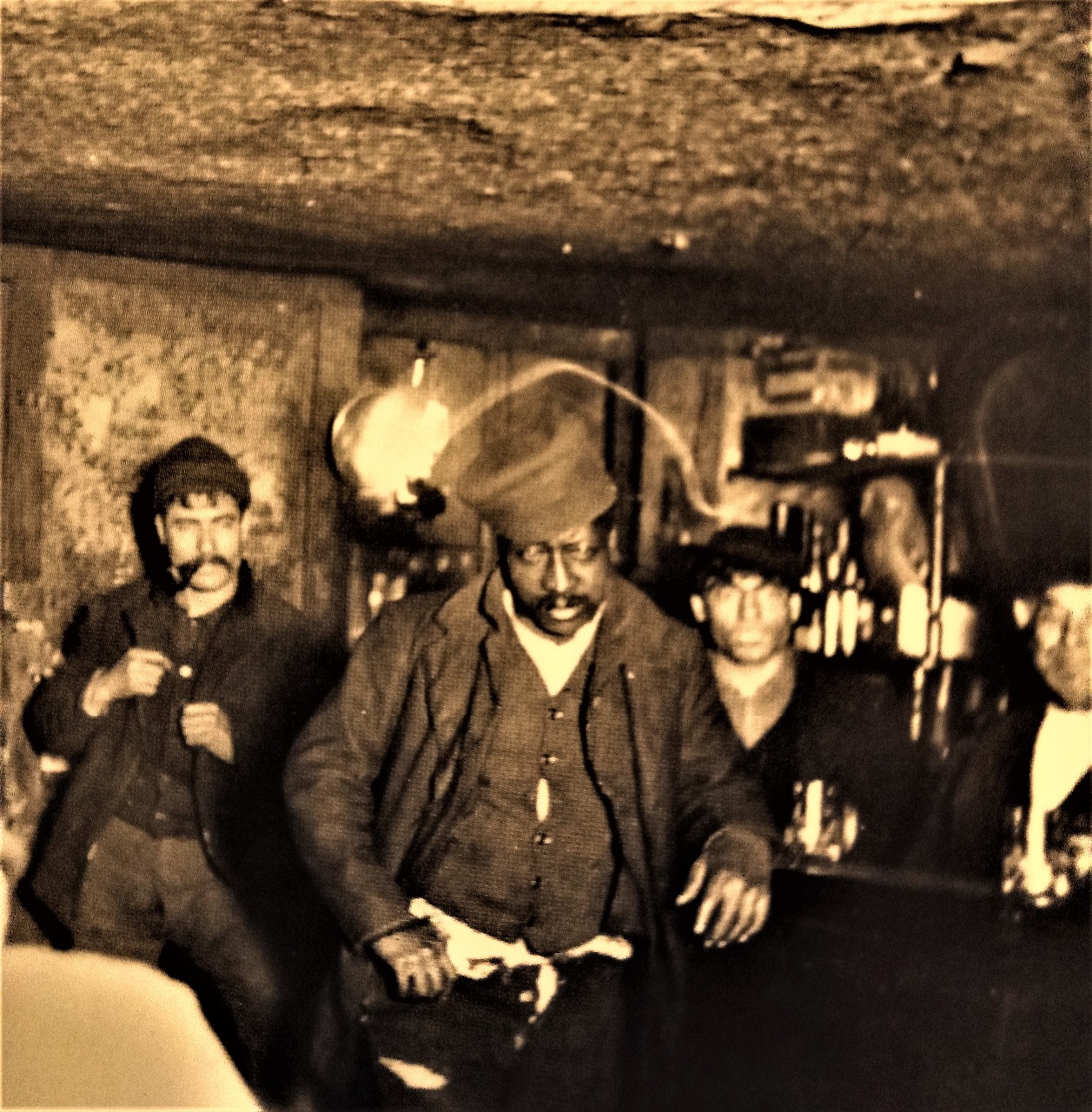





.jpg)
























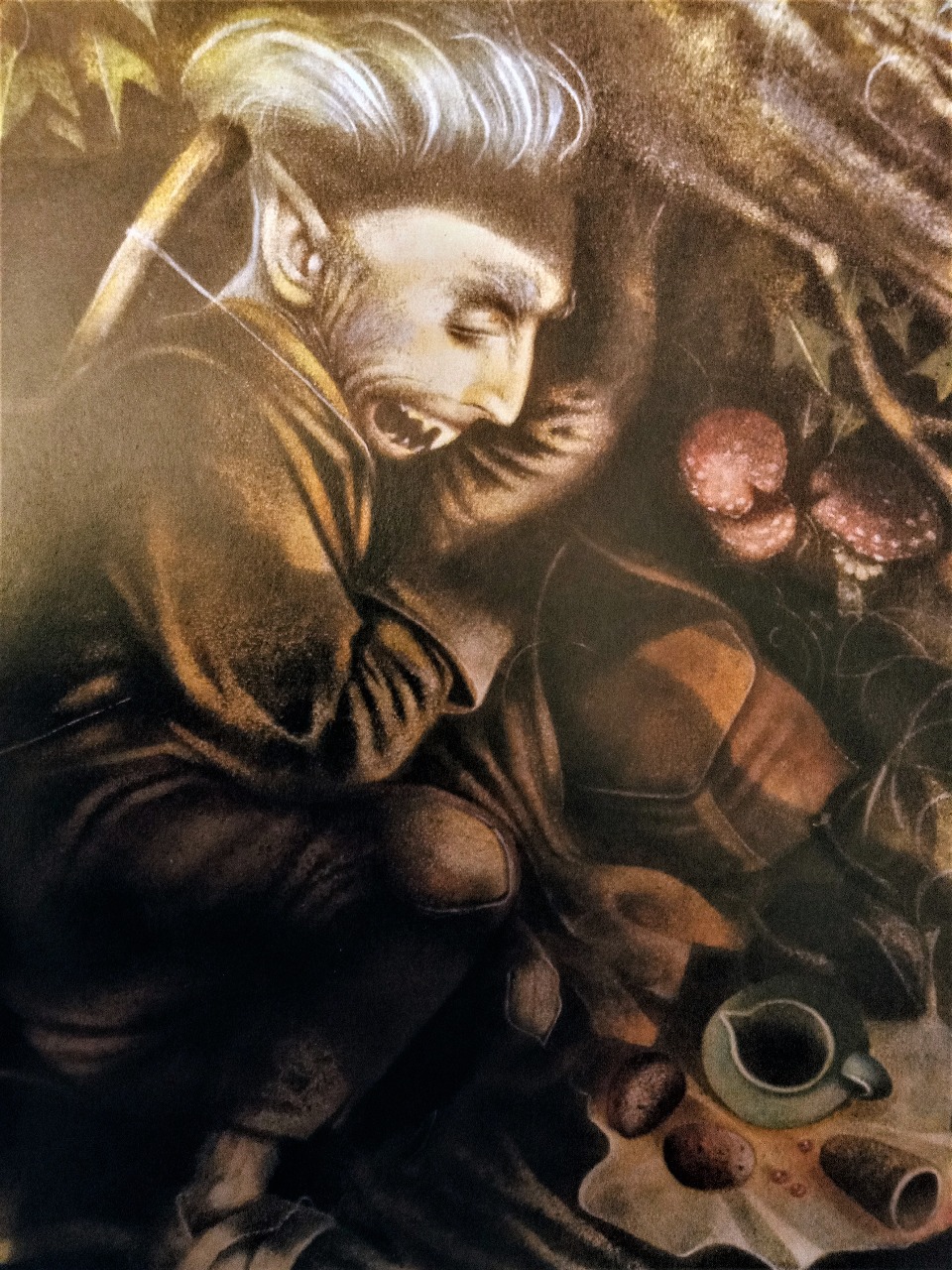

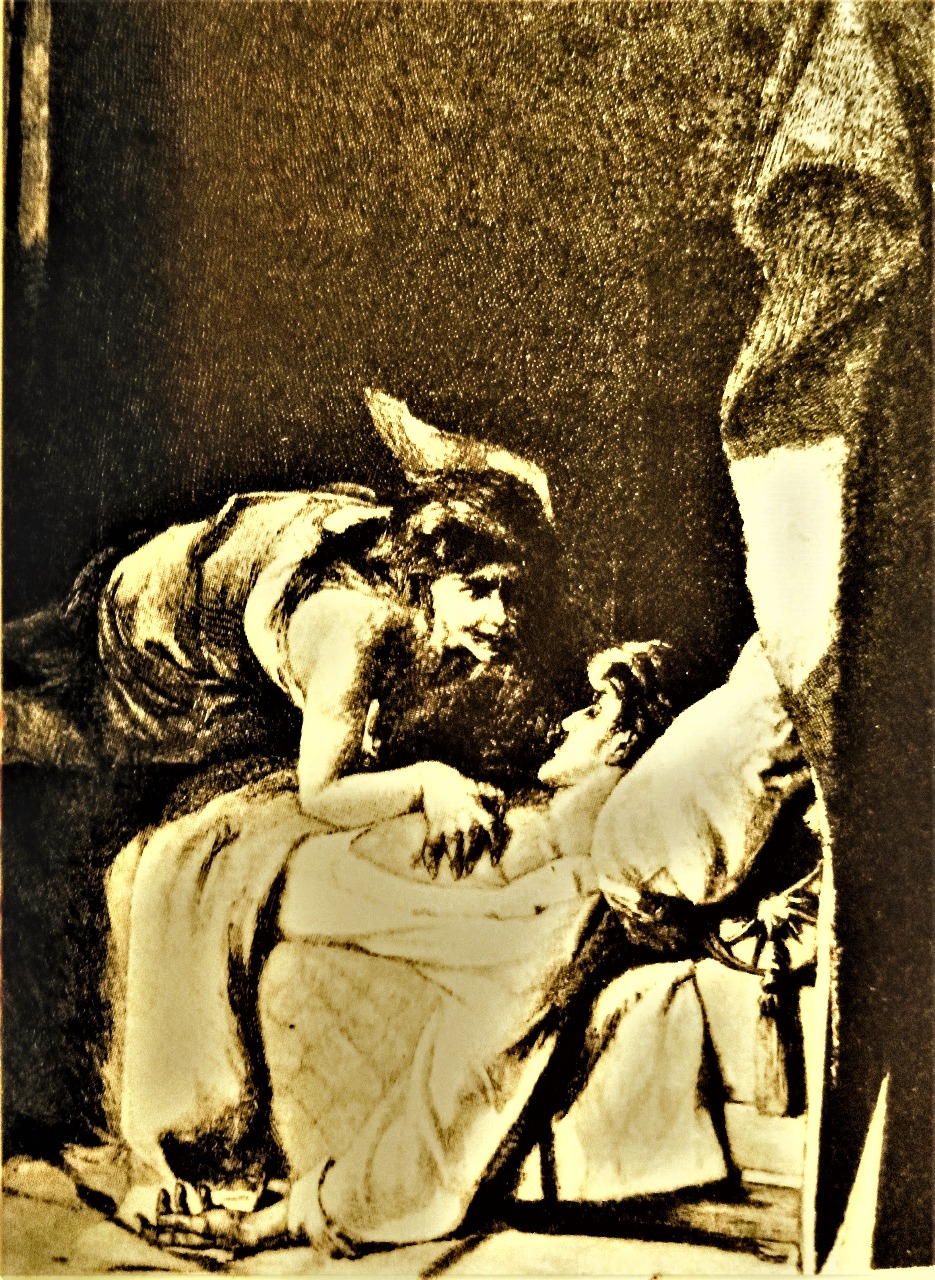











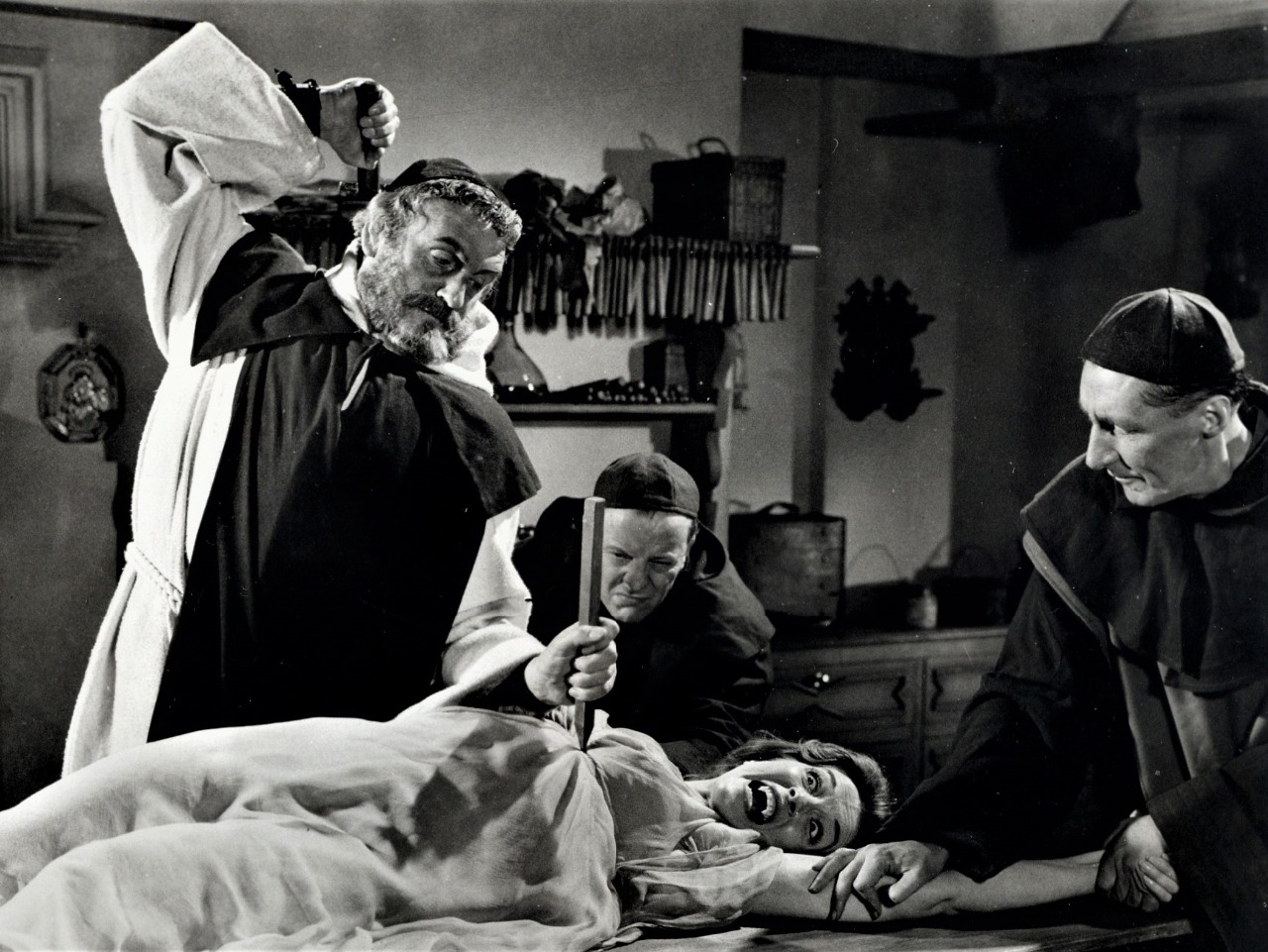


























.jpg)
.jpg)
.jpg)



.jpg)






















'






















.jpg)



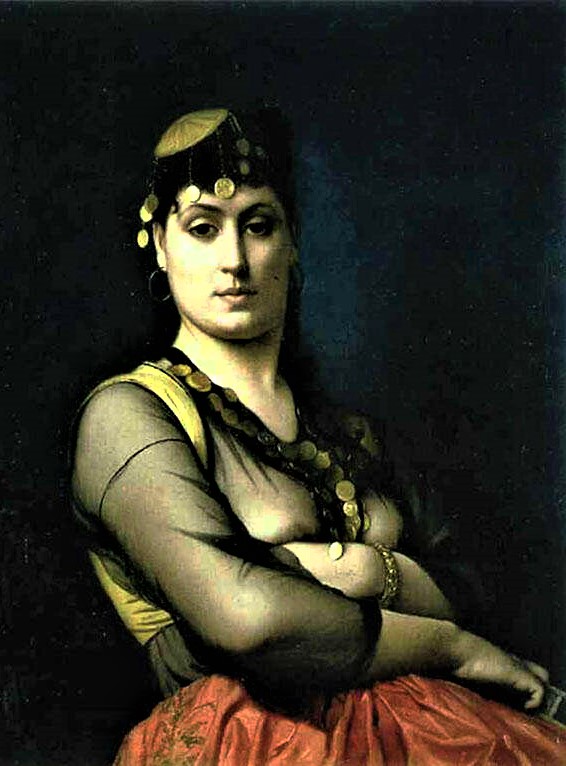
.jpg)

















.jpg)
.jpg)
.jpg)
.jpg)
.jpg)







Vita somnium breve - Life is a short dream, is the title of this unusually kitschy painting by the otherwise quite impressive Arnold Böcklin:

Rosen, Charles (1994) ”In response to ’Music à La Mode’ ”, in The New Yorker, September 22.


.jpg)

.jpg)
.jpg)
.jpg)